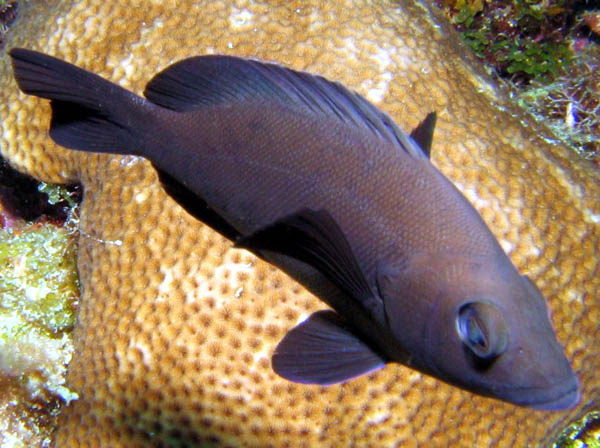 |
> MORAL OUTCOMES (BEHAVIORAL GENETICS)
 > CASES OF RECIPROCITY
> CASES OF RECIPROCITY
Reciprocity can occur at various levels of costs and consequences. Grooming is not critical to survival, but it occurs frequently in many primate species, even among unrelated individuals. It is typically reciprocated by later grooming or other social "favors." In one study of food sharing in a chimpanzee troop, based on over 7,000 observed interactions, exchange was ultimately balanced for each chimp pair (de Waal 1989). Among black hamlet fish of the Carribean (Hypoplectrus nigricans), the exchange involves reproduction. The fish are hermaphroditic; they can both spawn and fertilize. The energy investment in eggs is much greater than in sperm, however, so the reproductive cost to the fish that lays eggs is greater. What fosters reciprocity? Here, any laying of eggs is limited, and successive matings depend on the alternation of male and female roles (Krebs and Davies 1993, p. 285). Here, as elsewhere, repeated encounters allow reciprocity.
As these examples may indicate, arrangements of reciprocity can be fragile, susceptible to cheaters. Each organism cannot always depend on the other to fulfill its end of the "bargain." Such relationships have been modeled using computers for repeated encounters among individuals using various postures of cooperating or "defecting." An individual that "reciprocates" by doing whatever the other individual has done (whether to cooperate or not) seems to be strategically most effective (Axelrod 1984). Such simulations underscore the possible relevance of social interactions, addressed in what follows.
|

 |